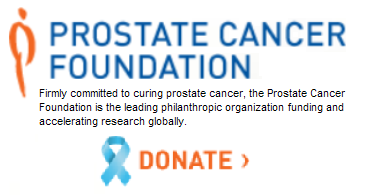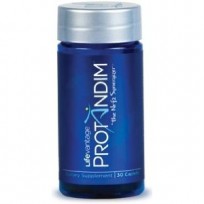High Protein Diets
The high protein diet has received increased media and celebrity attention in the last few years- but, the all important question remains – is it healthy? A high protein diet is defined as a diet that uses 50% protein and 50% fats and carbohydrates. To put that in perspective, the average American gets 12-18% of their daily calories from protein.
Most high protein diets also severely reduce carbohydrates in order to achieve rapid weight loss results. By cutting carbs, you lose water weight first (this is because carbohydrates are stored in the body with water), after which the body begins ketosis, meaning it burns body fat, rather than carbohydrates, for energy.
While ketosis helps weight loss by curbing appetite; long term affects of following high protein diet includes nausea and headaches and can cause heart and kidney problems. In addition to ketosis, your body is also deprived of nutrients it would otherwise receive from vegetables and grains.
Due to these adverse affects, the American Heart Association has officially stated that it does not recommend a high protein diet stating on their website, “the [AHA]…urges adults who are trying to lose weight and keep it off to eat no more than 35% of total daily calories from fat and less than 7% of total daily calories from saturated fat and less than 1% of total daily calories from trans fat. On most high-protein diets, meeting these goals isn’t possible.” 1
A more moderate diet that balances healthy proteins, carbohydrates and fats can be equally effective in achieving weight loss results when coupled with exercise. A healthy diet features a variety of fruits, vegetables, whole grains and healthy proteins such as high-protein beef, eggs, soy, low-fat dairy, beans, fish and many others. Our NutriFit weight management program features the Mediterranean-diet approach, although we can accommodate higher protein levels for body builders.
If you like this story by Jackie, also check out:
New Study – Vitamin E May Slow Alzheimer’s Disease
From: Jackie Keller, Founder – NutriFit, LLC
![]()
![]()
![]()
![]()
![]()
![]()

























 Watch this Video on A Better Way To Fight Harmful Free Radicals
Watch this Video on A Better Way To Fight Harmful Free Radicals
